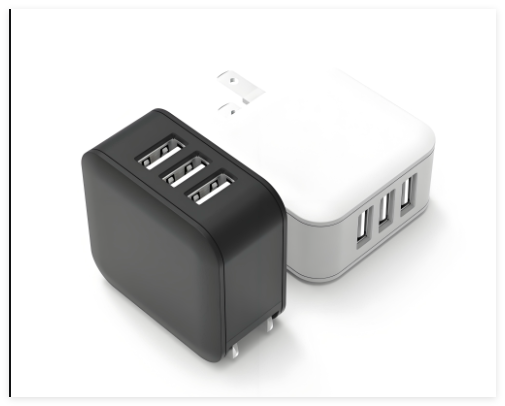How can smart home appliances help achieve a more environmentally friendly lifestyle?
Let’s start by discussing the definition of smart home appliances. As the name suggests, smart home appliances refer to household electrical appliances that utilize modern technological means such as internet technology and the Internet of Things to achieve remote control, automatic adjustment, energy conservation, and environmental protection. They not only enhance our quality of life but also promote the realization of a green, low-carbon, and sustainable lifestyle.

1. Energy Saving and Emission Reduction, Starting from the Details
According to data from the International Energy Agency (IEA), global household energy consumption accounts for about 30% of total energy consumption. Smart home appliances can significantly reduce this proportion by optimizing energy use. For instance, smart thermostats can automatically adjust indoor temperatures based on indoor and outdoor temperatures, reducing unnecessary energy waste. Smart lighting systems can also automatically adjust brightness based on light intensity and user habits, reducing electricity consumption.
2. Intelligent Management, Optimizing Energy Use
Another significant advantage of smart home appliances is their intelligent management capabilities. Through smart grid technology, smart home appliances can interact with the power grid system in real-time, achieving demand response management. This means that during peak electricity demand periods, smart home appliances can automatically reduce power, thereby alleviating the load on the power grid and reducing dependence on fossil energy.
3. Data-Driven, Precise Energy Conservation
Smart home appliances can more accurately manage energy by collecting and analyzing user usage data. For example, smart washing machines can automatically adjust washing time and water volume based on the weight and type of clothing, thus reducing the waste of water resources and electricity. Smart refrigerators can also automatically adjust the refrigeration temperature based on the storage conditions of food and users’ dietary habits, reducing energy consumption.
4. Recycling, Reducing Waste
Smart home appliances also help promote the development of a circular economy. Through intelligent recycling systems, users can recycle and reuse old home appliances, reducing resource waste. At the same time, the long-life design of smart home appliances also reduces resource consumption and environmental pollution caused by frequent replacement of home appliances.
5. Green Travel, Intelligent Assistance
In the field of new energy, the combination of smart home appliances and smart travel is also an important direction for development. For example, smart charging piles can automatically adjust charging time based on users’ travel habits and power grid load, thereby optimizing the use of electrical resources. This not only helps to promote the popularity of electric vehicles but also contributes to reducing carbon emissions in the transportation sector.
6. Cultural Heritage, Green Living
As the ancients said, “frugality cultivates virtue,” conserving resources is not only a form of environmental protection but also a cultural heritage. Smart home appliances, with their efficient and energy-saving characteristics, help us achieve a green lifestyle while also allowing us to re-examine and inherit the traditional virtues of conserving resources.
In summary, smart home appliances play an important role in achieving a more environmentally friendly lifestyle. Through technological innovation and cultural heritage, we can jointly promote a greener, lower-carbon, and more sustainable future. Thank you, everyone!



Post Comment